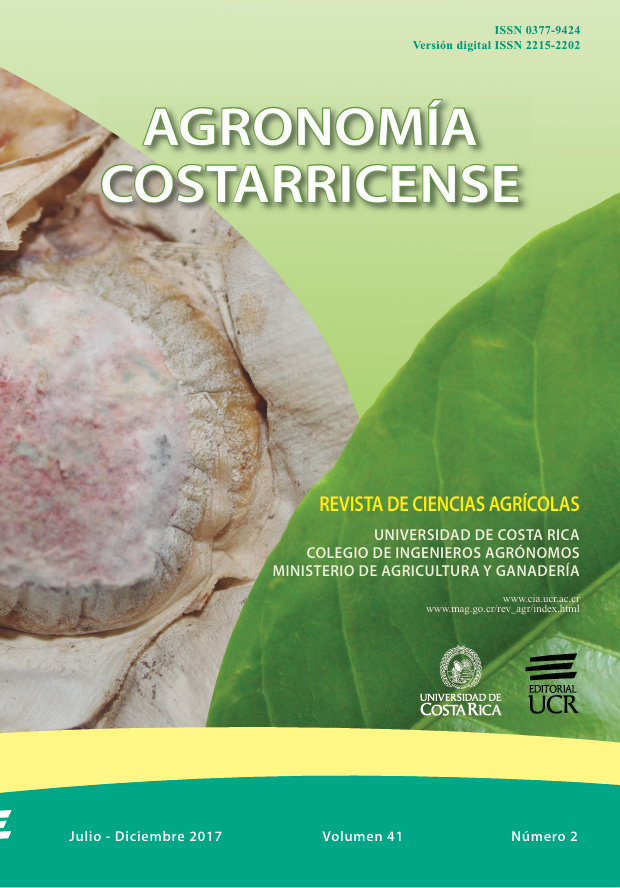Abstract
Molle (Schinus molle) is an anacardiaceae plant native to southern Brazil, Paraguay, Uruguay, Peru, Bolivia, Chile and Argentina. Biological cycle of the Andean potato weevil (Premnotrypes vorax) lasts about 134 to 280 days and damage is inflicted by adults when they feed on leaves from the middle and lower third of the plant and for the larvae when they feed on tubers, which may cause total crop loss. Egg hatching inhibition and mortality of larvae and adults of Andean potato weevil (Premnotrypes vorax) was evaluated by applying different doses of molle aqueous extract (Schinus molle L.) under laboratory conditions. Molle extract was obtained by steam distillation and it was applied by immersing the different pest development stages and its effect was evaluated 24, 48 and 72 hours after application. Results showed that aqueous extract of S. molle at 5% concentration caused 50% mortality in adults at 24 h, while a concentration of 10% produced 25% mortality at 48 h. Additionally, 25% inhibition of egg hatching was observed with the use of 10% concentration extract at 24 h after application. Although mortality rates produced by application of aqueous extract did not surpass 50% in adults, its use could be considered as a tangible alternative in management of populations of Andean potato weevil. However, its effect and compatibility with other control methods must be validated under field conditions so that it can be offered as an alternative for small and medium farmers.
##plugins.facebook.comentarios##

This work is licensed under a Creative Commons Attribution-NonCommercial-NoDerivatives 4.0 International License.
Copyright (c) 2017 Agronomía Costarricense


